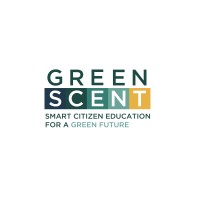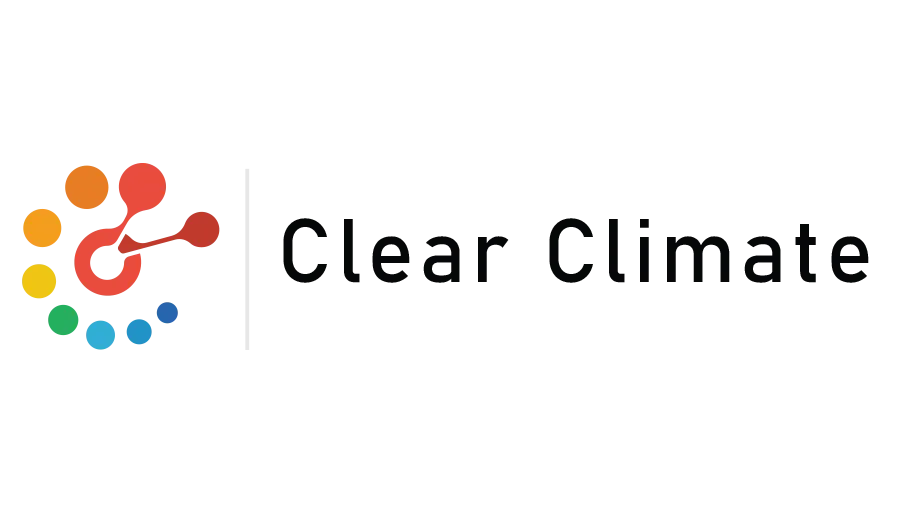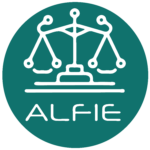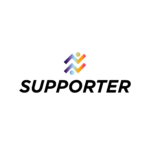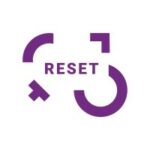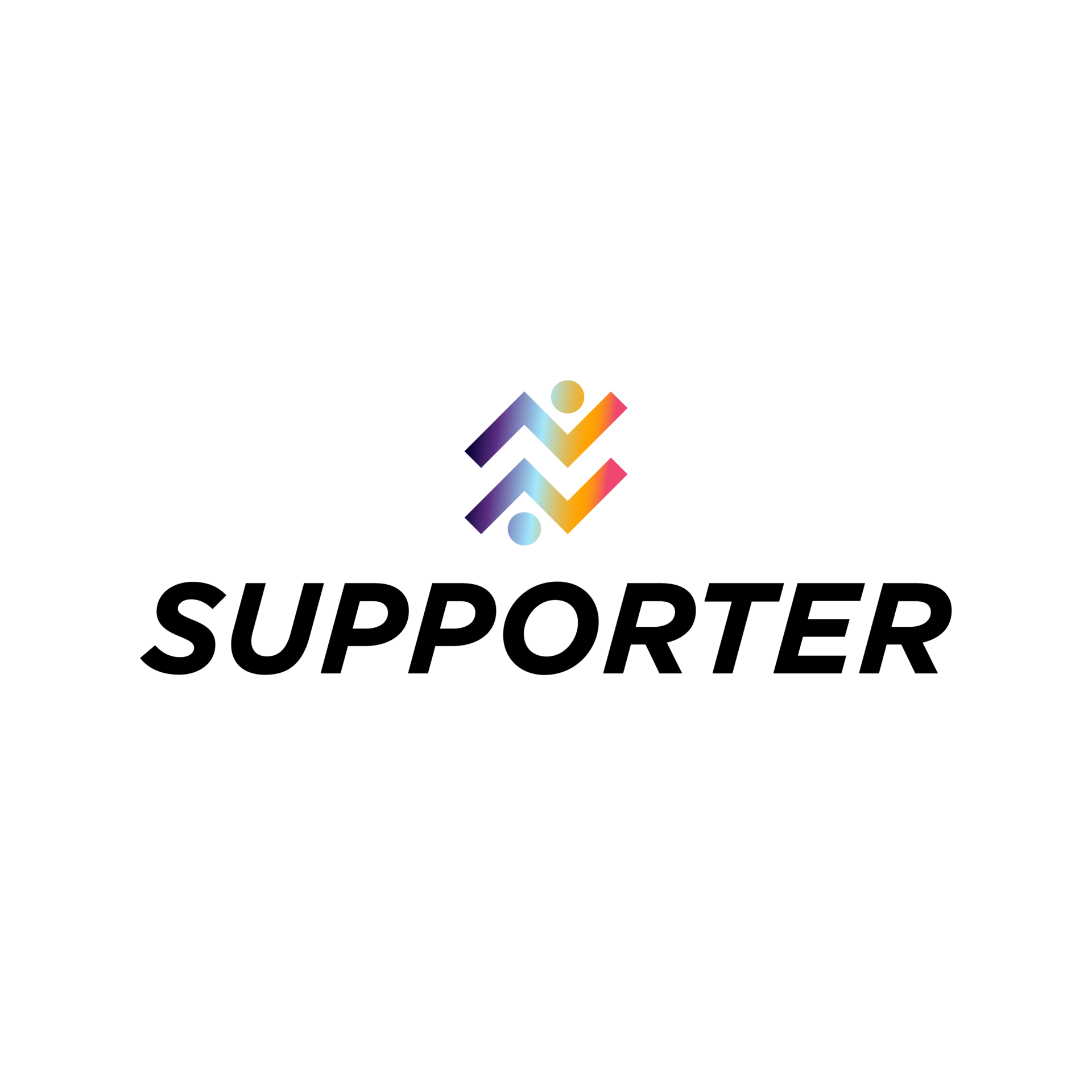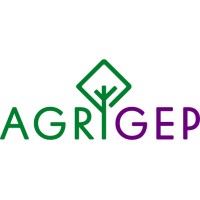Webinar: Embedding inclusivity in communication: the power of words and visuals
On 18 November, SUPPORTER organised a webinar: Embedding inclusivity in communication: the power of words and visuals. The session called for a systemic embedment of inclusivity in communication. It also provided concrete recommendations to choose words and visuals that ensure inclusive communication, taking into consideration inequalities based on gender, abilities and age, while navigating different cultural contexts. The webinar was held online and gathered stakeholders involved in communication, including researchers, communication officers, and partners in EU-funded projects.
Watch the reply!
In our everyday communication – whether drafting content for social media, websites, publications, or other printed material, the language and visuals we choose often reflect – and can shape – societal norms, influencing how individuals perceive themselves and others. Even with the best intentions, we may involuntarily reinforce stereotypes by perpetuating inequalities and assigning certain behaviours, responsibilities, or attributes to individuals based on their mix of identities, contributing to their persistence. Communication, therefore, becomes a crucial tool in either reinforcing or challenging stereotypes and inequalities, whether based on gender, culture, abilities, age, or a mix of these. Systemic embedment of inclusive communication practices ensures that diverse perspectives are represented, creating an environment where individuals feel seen, heard, and valued thus creating a larger impact. This inclusivity helps break down barriers, reduce bias, and create a more equitable society where everyone can participate. This aligns with one of the main principles of the Charter of Fundamental Rights of the European Union (Article 21) and Treaty of European Union (article 2), which emphasise non-discrimination based on gender and gender equality.
Speakers shared their experiences and provided participants with concrete tools addressing inclusive communication from three interconnected and intersecting perspectives: gender equality, cultural contexts, and the needs of people with different abilities. By addressing these three intersecting areas, participants gained practical skills to render their communication more inclusive, which can be applied across various cultural and EC-funded project contexts.
Speaker: Chiara Gunella, Universitat Autònoma de Barcelona, GreenSCENT, ClearClimate and Alfie projects
Duration: 11:05 - 11:25 AM
This session provided participants with actionable strategies to enhance inclusive communication, ensuring that people with diverse needs can access information and engage in various settings, ensuring no one is left behind. Tools and techniques from the GreenSCENT and ClearClimate projects’ accessible advocacy toolkit were presented. Participants learned how to apply simple yet powerful guidelines across various platforms to create communication that’s equitable, accessible, and impactful for all.
Speaker: Ines Azaiez, ESF, SUPPORTER project
Duration: 11:25- 11:45 AM
In our interconnected world, understanding cultural differences is essential for inclusive communication. Key concepts such as cultural awareness, the complexities of high- and low-context orientations, and communication styles across different cultures were discussed, providing valuable insights for enhancing cross-cultural understanding between partners and creating a more culturally responsive environment.
Speaker: Elena Karachaliou, Aristotle Uni. of Thessaloniki, RESET Project.
Duration: 11:45 - 12:05 AM
The language and visuals we use can sometimes reflect biases, implying that one gender, or the binary gender system, is the norm—excluding other gender identities and experiences.
This session explored the use of gender-inclusive language in writing and speech to avoid stereotypical expressions and cultural biases. The discussion included best practices from the RESET project and ways to raise awareness about diversity, support social change, and promote gender equality.

